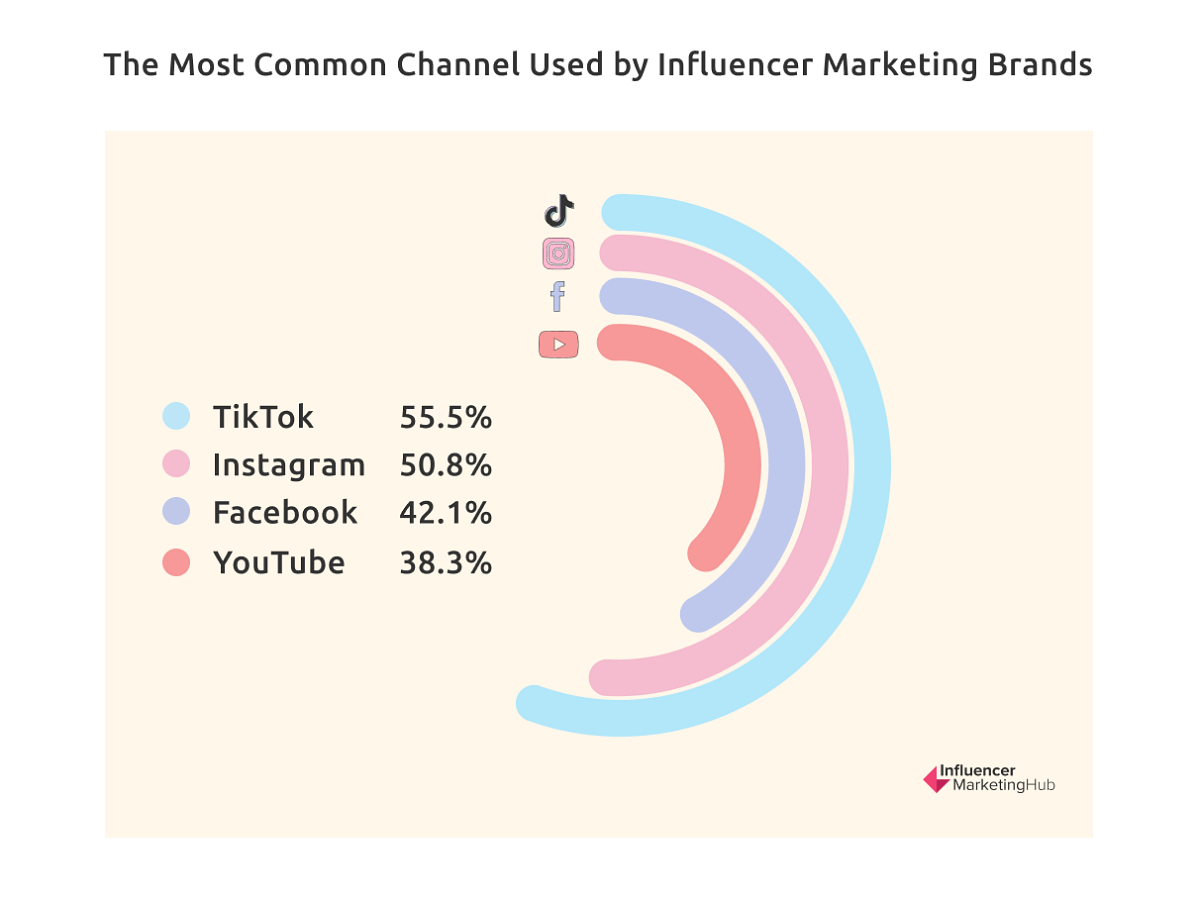In an era where traditional advertising is increasingly losing its lustre, influencer marketing has emerged as a formidable player in the digital marketing sphere. Leveraging the clout of influencers can provide unparalleled access to your target audience in an authentic and effective way. But what really is influencer marketing, how can businesses collaborate with influencers, and what are the tangible benefits?
What is Influencer Marketing?
Influencer marketing, at its core, involves partnering with individuals who possess a strong following and credibility within a specific industry, niche, or community. These individuals, known as influencers, promote products or services to their followers, effectively acting as a bridge between brands and potential customers. The goal is to tap into the influencer’s authentic relationship with their audience, thereby increasing brand awareness and driving sales.
Types of Influencers
- Mega-Influencers: Over 1 million followers, usually celebrities or public figures.
- Macro-Influencers: 100,000 to 1 million followers, often experts in a specific field.
- Micro-Influencers: 10,000 to 100,000 followers, usually community or niche-focused.
- Nano-Influencers: Under 10,000 followers, hyper-local and highly specialised.
Identifying and Collaborating with Influencers
Research Tools and Platforms
- Instagram’s ‘Explore’ Feature: A simple yet effective way to find influencers relevant to your industry.
- BuzzSumo: Search for key topics to find influencers who are leading discussions in those areas.
- Upfluence: A platform that provides detailed analytics and facilitates outreach.
Steps for Collaboration
- Initiate Contact: Reach out through social media or email.
- Due Diligence: Verify the influencer’s analytics such as engagement rate, follower demographics, etc.
- Negotiate Terms: Discuss deliverables, timelines, and compensation.
- Content Approval and Campaign Launch: Approve the content and set it live.
- Performance Monitoring: Track KPIs like engagement, clicks, and conversions.
Local Focus: A Note for New Zealand Businesses
For businesses based in New Zealand, consider platforms like ‘Collabosaurus’, which features a range of influencers within the local market. These platforms are excellent resources to find influencers who have a strong resonance with Kiwi audiences.
Benefits of Influencer Marketing
- Enhanced Brand Awareness: Influencers can introduce your brand to new audiences that you may not have reached otherwise.
- Increased Credibility: When a trusted influencer endorses your product, their followers are more likely to trust your brand.
- Cost-Effectiveness: When compared to traditional advertising, influencer marketing often offers a higher ROI.
- Niche Marketing: Allows for highly targeted marketing to subsets of your potential customer base.
Case Studies and Cool Stats
For an in-depth guide to influencer marketing, make sure you check out The Influencer Marketing Benchmark Report at https://influencermarketinghub.com/.

Risks and Caveats
It’s easy to get influencer marketing wrong. Here are some common pitfalls:
- Mismatched Partnerships: The influencer’s ethos must align with your brand values.
- Overexposure: Influencers who work with too many brands may lose credibility.
- Inauthentic Content: The promotion must feel genuine to the audience.
Influencer marketing is not merely a trend; it is a fundamental shift in the way businesses engage with their audiences. Through effective collaboration and a meticulously planned strategy, the rewards can be significant. Businesses based in New Zealand should leverage local platforms and influencers for optimum results, focusing on creating authentic and resonant marketing campaigns.
